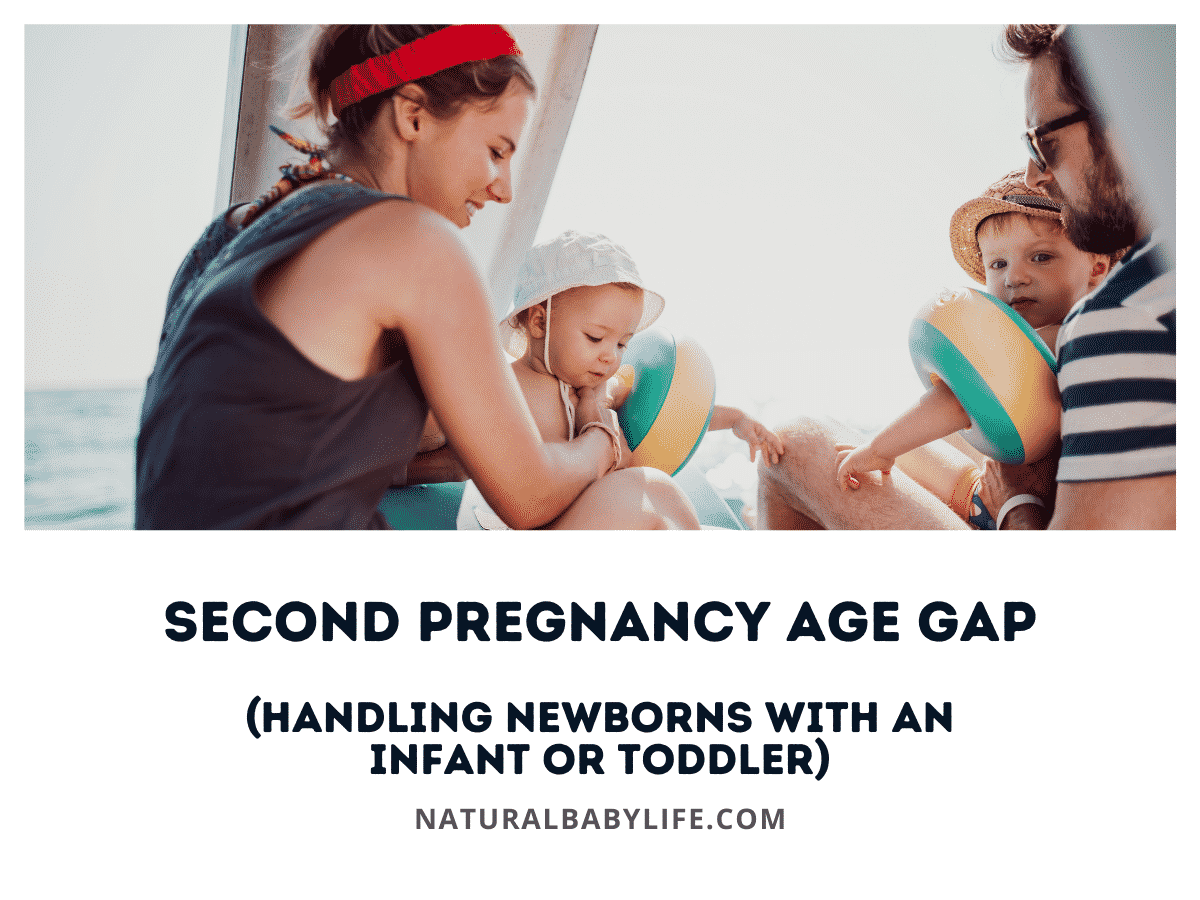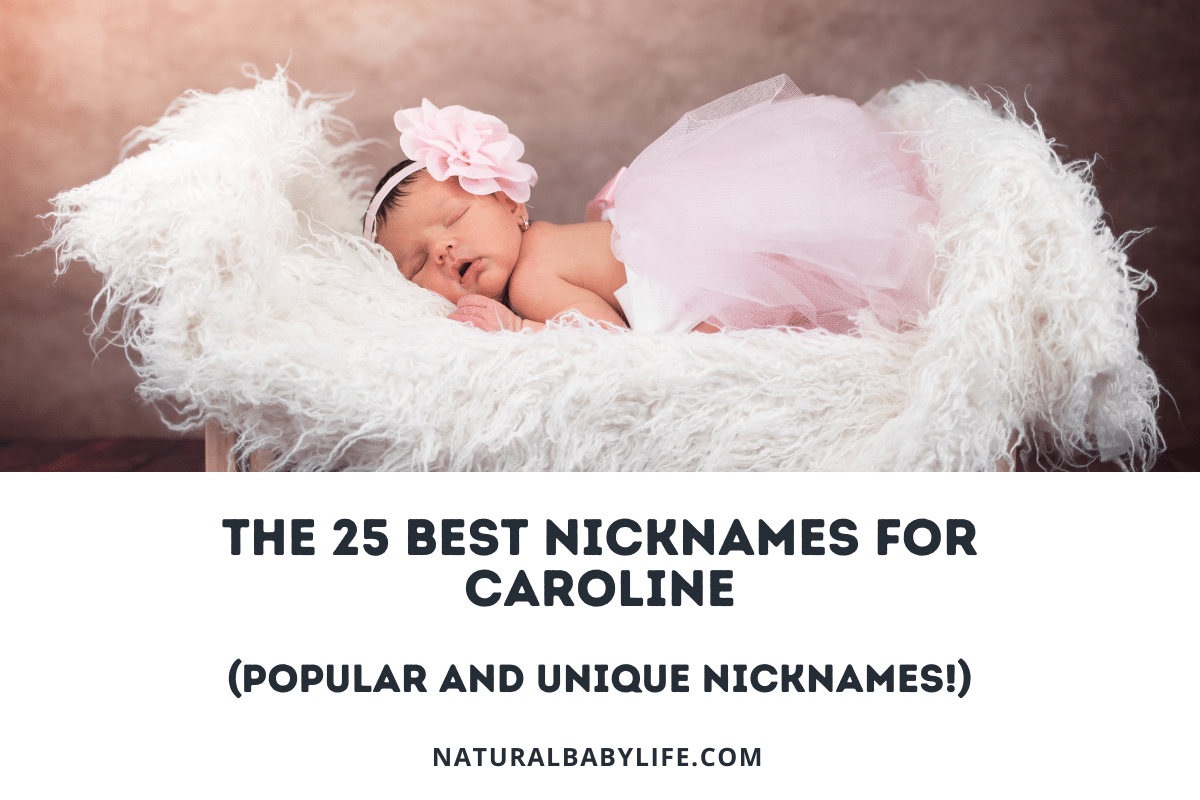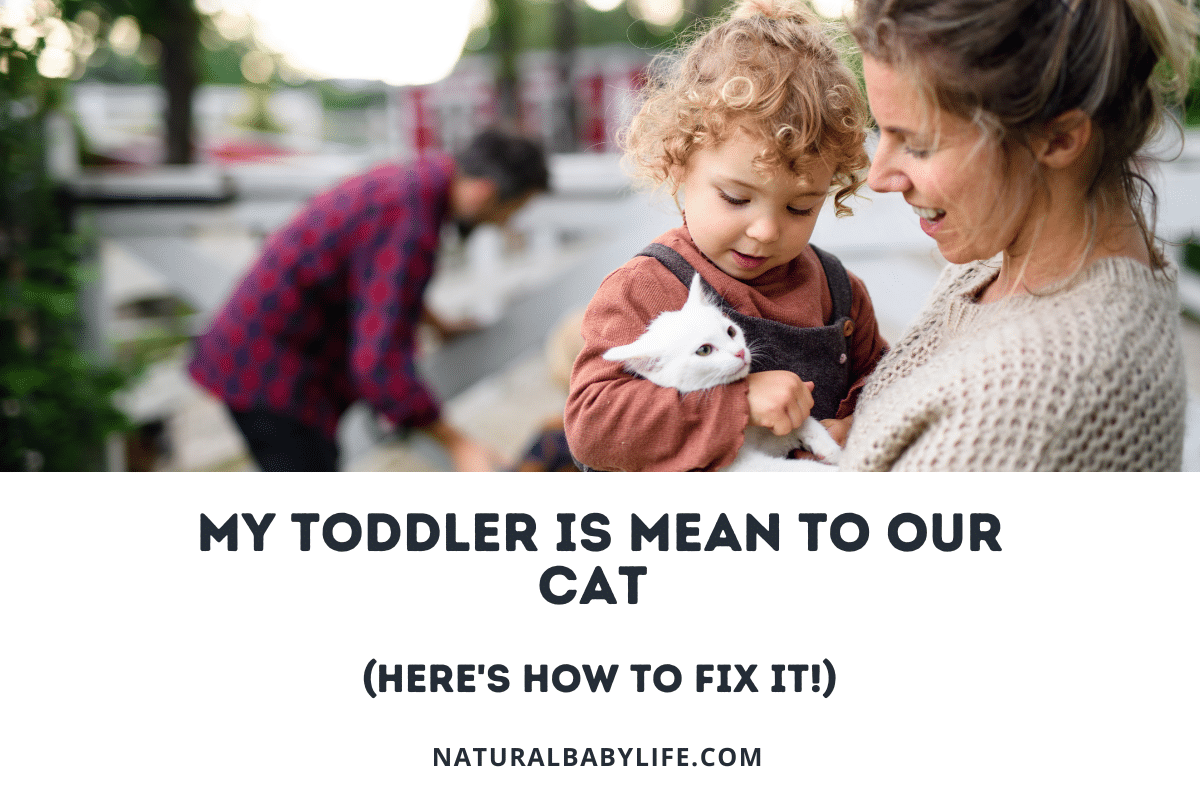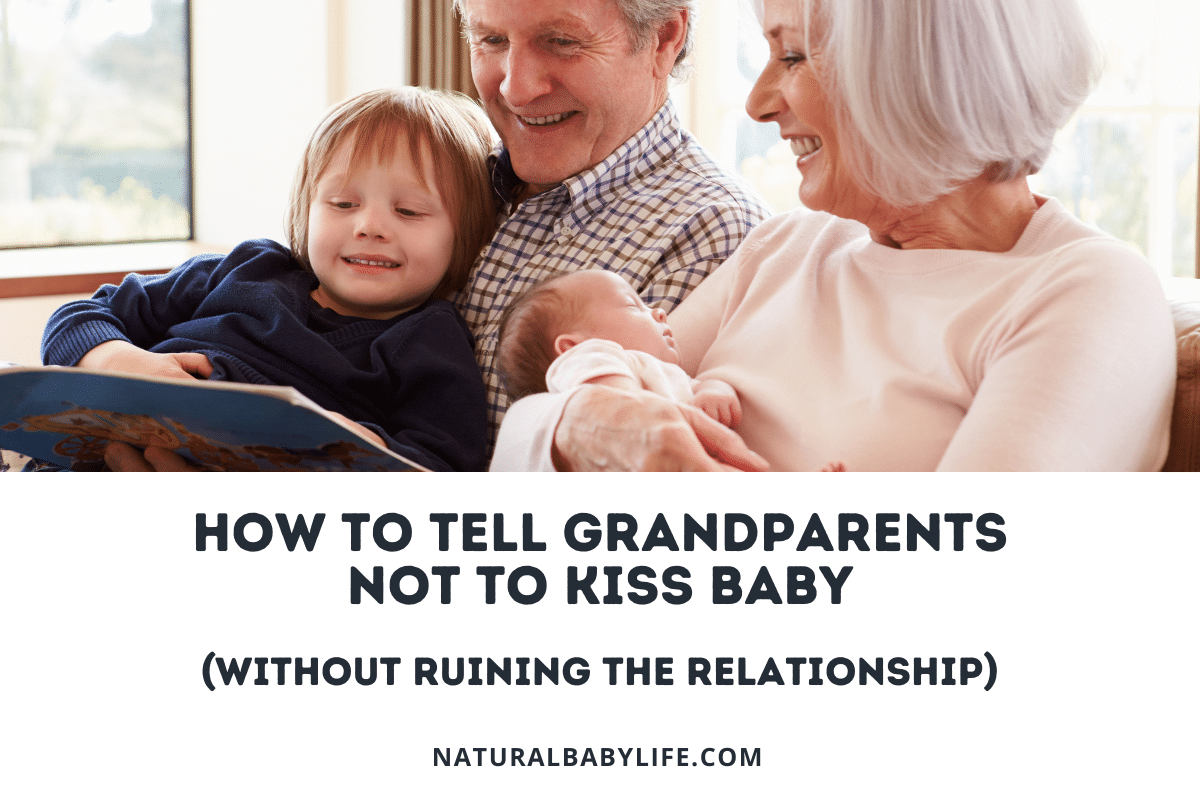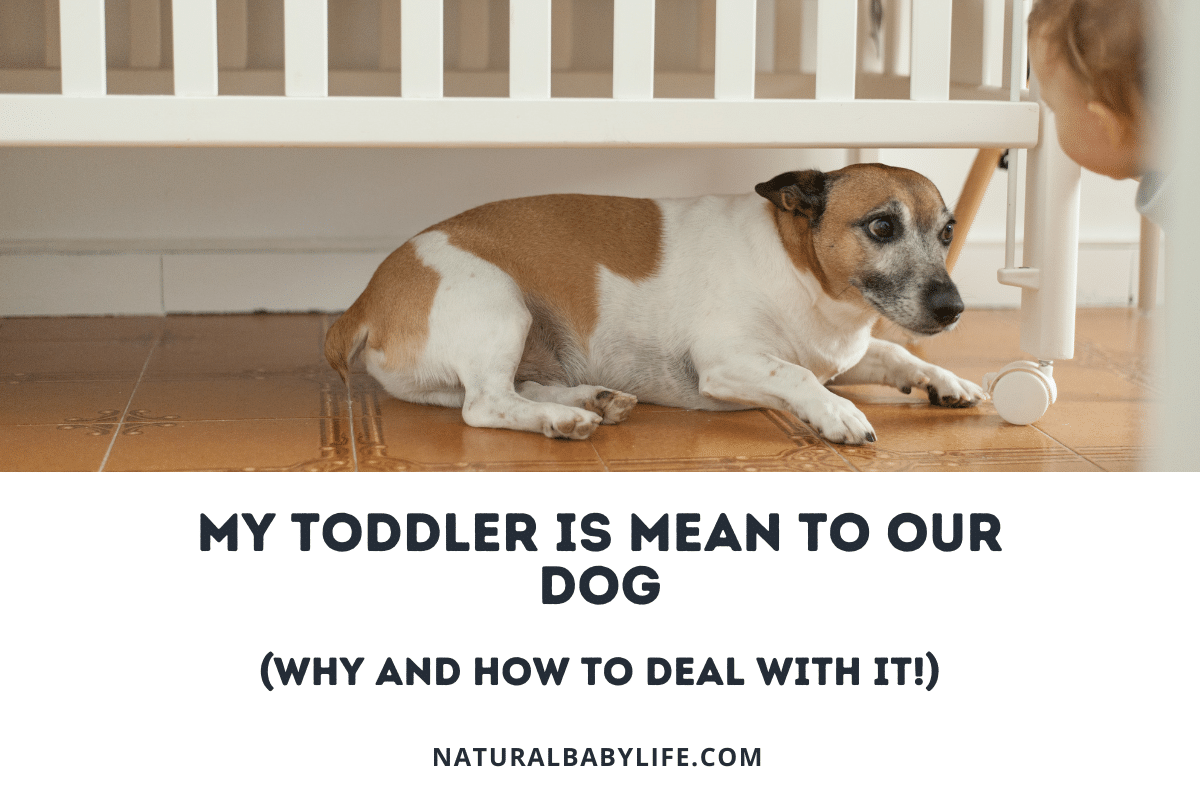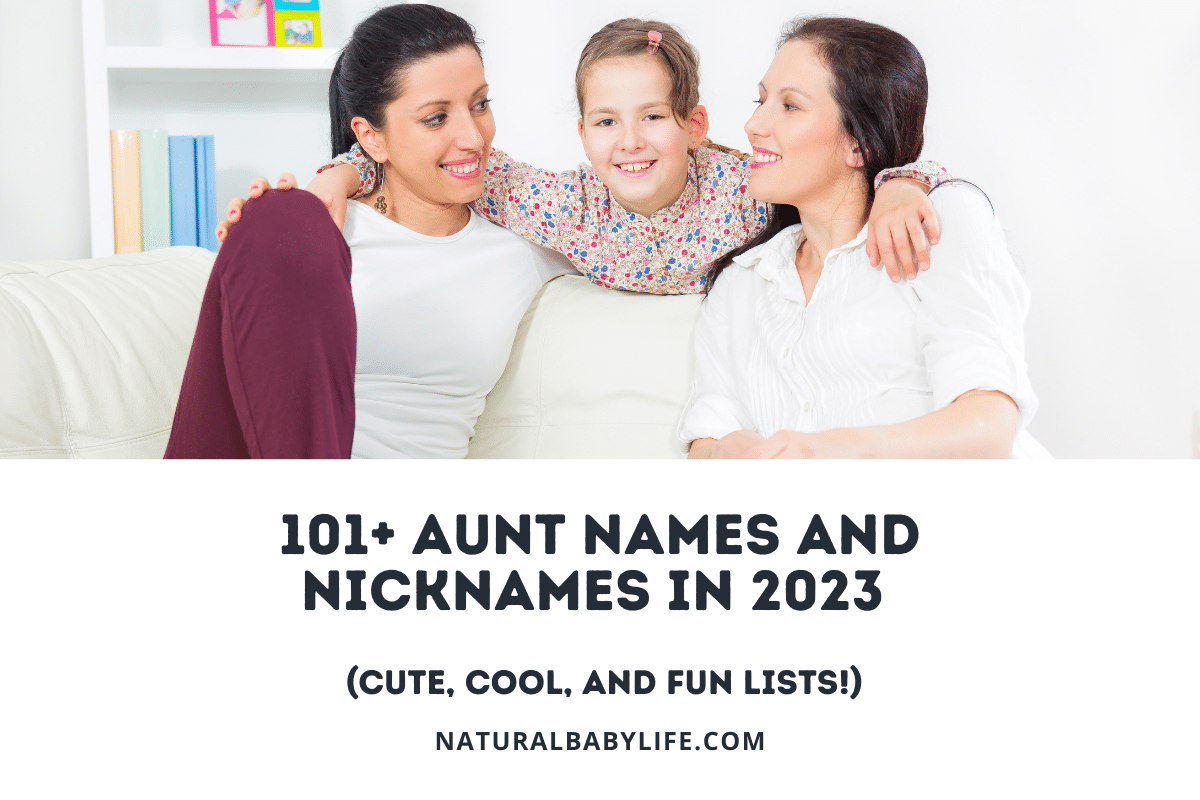Trying to plan out the age gap between your first and second pregnancy is a big decision. Is there an age gap that is considered ideal for having your second child?
Most parents prefer an age gap of 1-3 years between children. A shorter gap between births puts more strain on the mother’s body and on the family in general. A larger age gap means children may not develop a strong sibling relationship due to always being in different stages of life. Many consider 18 months to be the ideal gap between pregnancies.
Keep reading to learn the most important considerations to keep in mind when making the decision of when to add a second child to your family.
Table of Contents
What is the best age gap between first and second pregnancy?
When it comes to planning a second pregnancy, what is the best age gap you can aim for?
Generally, the best age gap between your first and second child is between one and three years. Ideally, you’ll wait at least 18 months after giving birth before getting pregnant again. If you are planning on a second child, getting pregnant in less than five years can reduce the likelihood of complications.
To determine the best time to get pregnant with your second child, you’ll want to take into consideration a variety of factors including the mother’s age, any potential specific health risks or complications, and family financial and childcare circumstances.
Is there an ideal age gap between siblings?
The ideal child spacing is a big question to consider when you are planning your family. When it comes to fostering sibling relationships and making parenting as easy as possible, is there an age gap that is considered ideal by parenting experts and parents themselves?
While the “perfect” age gap may depend somewhat on individual family dynamics, most experts agree that the ideal time between pregnancies is 18 months.
Different age gaps are going to present different challenges and have different advantages. It will be a very different experience having “2 under 2” than having a newborn and a 5-year-old. In addition, there will be a distinction in how different age groups get along (for example, siblings with a two-year age gap will have a very different relationship than siblings with a five-year age gap).
Some parents swear between larger age gaps to hopefully reduce sibling rivalry, give mom time to recover between pregnancies, and enjoy 1-on-1 time with each child. Other families prefer to have their children closer in age in order to raise their kids in the same season of life, and hopefully encourage a closer relationship between siblings.
Most important things to consider about the second pregnancy age gap
What are the most important things to think about when considering the timing of planning your family? The points below are some of the most common factors when making the decision of when to pursue a second pregnancy. Some of these you may not have thought of before!
The most important things to consider about the timing of a second pregnancy are:
- Time to conceive
- Breastfeeding concerns
- Parenting during pregnancy
- Managing childcare
- Family finances
- Hand-me-downs
- Sibling relationships
- Parenting styles and preferences
- College tuition
Time to conceive
It is important to remember that just because you have decided you would like to have a second child, that does not mean it will happen right away.
Especially if you experienced a long wait or even fertility issues when trying to conceive your first child, you may want to get started on trying to conceive your second child before you are actually “ready.”
If you need to get off of birth control, you will need to factor in the time it takes your body to adjust to that transition as well.
Breastfeeding concerns
If you are currently breastfeeding, you will need to consider the possibility that you will still be nursing your first child when your second child comes along.
There are many unique challenges to the breastfeeding relationship when it comes to nursing 2 children at once. You may want to consider until your first child is old enough to wean or is closer to the age at which you plan to stop nursing.
Some mothers prefer to transition the older child away from nursing once the second child is born, some enjoy tandem nursing, while others wish to enjoy a break from nursing especially during pregnancy. This is a personal decision that is up to you but is certainly something to consider when planning your family.
Parenting during pregnancy
One important consideration is what stage of parenting you will be at during your pregnancy.
Do you really want to be pregnant and chase after an active toddler? Perhaps you prefer to wait until your child is closer to the age of 2 or 3 and has become more independent and able to do things on their own. Or maybe you want to go ahead and get your next pregnancy over with while your child is still very young.
Managing childcare
Unless you are lucky enough to have extended family nearby or have the ability for one parent to stay at home, the expense and logistics of childcare are going to be another important factor to consider in planning your family.
It typically makes things much easier if both children are going to the same place for their childcare needs. This only becomes more complicated as you continue on to your third child or even beyond.
You will have a rougher time of things if you need to take one child to elementary school at 8:15, another child to preschool across town at 8:30, and your newborn to daycare at 8:45. Having children close enough in age to attend the same facility will make your day-to-day routine much easier.
On the other hand, you may choose to wait until your youngest child is out of preschool and attending elementary in order to save on the high costs of childcare and avoid having to pay for two children in daycare at once.
Finances
Finances are going to play a very big role in your decision on family planning.
If you are planning to stay at home while your children are young, you may decide to have all of your children very close together in age in order to minimize the amount of time you spend away from the workforce. On the other hand, you may wish to spread out the ages of your children as you continue working in order to save on childcare costs.
You will also want to make sure you are financially ready to add another child to your family, as everything from your grocery bill to family vacations to healthcare costs will only increase as your family does.
If you still have a child in diapers, it may make sense to wait a bit before adding another child in need of diapers and formula, which can add up quickly.
Mother’s health
The aspect of maternal health is a very large, yet often overlooked, part of the equation.
Health experts recommend that women wait between 12-24 months between pregnancies to give their bodies time to bounce back and give their little one the best shot of having a healthy pregnancy.
Some women prefer to wait longer in-between pregnancies in order to give themselves a chance to reach their pre-baby weight or achieve other fitness goals. Others choose to have their children as close together as possible.
Hand-me-downs
Having children closer in age makes it easier to use all the same baby gear before you have had a chance to sell it or give it away.
If you wait several years between pregnancies, you will likely have to start all over with all of the major purchases such as the crib, car seat, and stroller. Baby products and parenting recommendations change quickly and waiting for more than a year or two between pregnancies may even render some products obsolete or expired.
On the other hand, if your children are very close together in age, you may need to invest in new products such as a double stroller or a second car seat.
Sibling relationships
One of the things parents typically worry about the most is how well their children will get along and how much the age gap can influence the sibling relationship.
Some families believe that having their children close together in age will ensure that they can always play well together and be in the same stage, while other parents prefer to leave a little bit more spacing between their kids in order to eliminate the chances of sibling rivalry and hopefully foster a more caring relationship.
Ultimately, you can try to plan around this, but the personalities of your individual children, their genders, and your unique family dynamics will play a bigger role than your family spacing will.
As your children get older, a gap that seemed very large in the toddler years may not seem as daunting when they are in elementary school together and can still enjoy all of the same events and activities.
Parenting styles & preferences
Do you prefer to get each stage of parenting (potty training, the preschool years, etc.) over with as quickly as possible, or would you rather get to experience the joys and challenges of parenting with each child individually?
With a larger gap, you will get to spend more quality time with each child as they grow, but you may often feel like you are “starting over” again with a new stage that you just left behind.
This is a matter of personal preference and something that you and your spouse will have to decide as you plan your sibling age gap.
College Tuition
Although college is many years ahead in the future, the thought of when to pay tuition for multiple children is still an important factor for many families.
You will want to plan ahead and consider if you can afford to pay for two children to go to college at the same time, or if you will need to wait a few years before you can pay for the second child’s tuition.
You may want to plan for a larger age gap to avoid paying for two or three children at once.
By the way, I’ve put together a MEGA resource on the most common differences between the first and second pregnancy along with frequently asked questions! Check it out!

